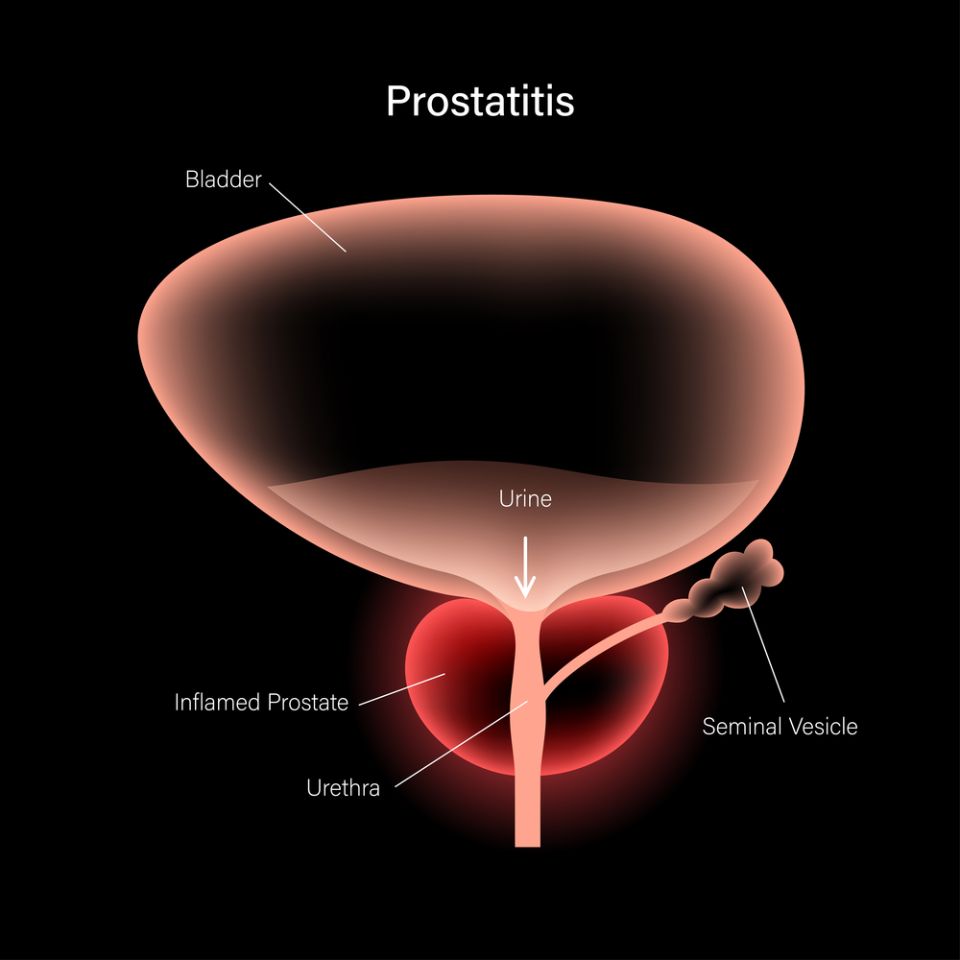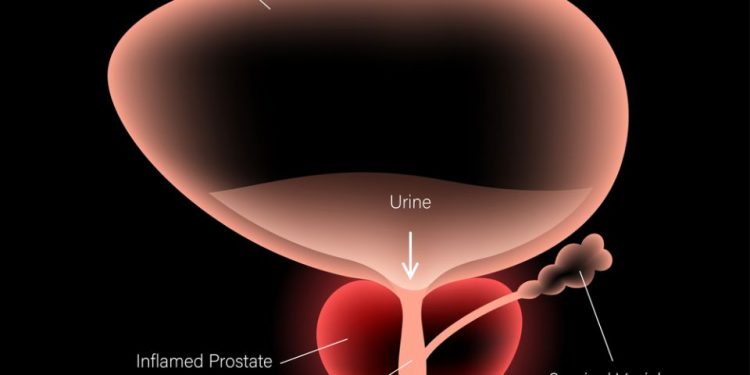A diagnosis of stage 4 prostate cancer means the disease has spread from your prostate to nearby or distant body parts. At this stage, the cancer cannot be cured. However, treatments can help relieve symptoms and extend your life.
Your doctor will discuss your treatment options based on the size of your tumor and whether it has spread beyond the prostate. Your doctor will use a system called the T, N and M score to describe your cancer’s severity. Your T score describes how advanced your cancer is, the N scores indicate if any of the prostate cancer cells have spread to lymph nodes or tissues near your prostate, and the M score indicates if the cancer has spread beyond the prostate.
If the cancer has spread, doctors may also test your blood to see if any of the prostate cancer cells have reached other organs in the body, such as the bones. They may also order a bone scan, which uses a radioactive dye or a radioactive iodine solution to visualize the bones and to identify any areas of cancer in your bones.
Doctors often recommend surgery when the cancer is in its early stages and has not yet spread. At this stage, the main goal of surgery is to help relieve symptoms such as blood in the urine or difficulty urinating. In some cases, doctors remove the entire prostate gland in a procedure called a radical prostatectomy. In other cases, doctors remove only the part of the prostate that surrounds the urethra in a procedure called a transurethral resection of the prostate (TURP).

The National Cancer Institute recommends hormone therapy for people with stage 4 prostate cancer. Hormone therapy can help slow the growth of the cancer by lowering the amount of testosterone in your body. Your doctor will prescribe medications that reduce the production of male hormones or block the effects of testosterone on the cancer. In some cases, your doctor may recommend surgical removal of the testicles, a procedure called orchiectomy, in addition to hormone therapy.
Chemotherapy is not usually recommended as a stand-alone treatment for people with stage 4 prostate cancer, but it might be used in combination with surgery and/or radiation to help relieve symptoms and extend your life expectancy. Your doctor will recommend chemotherapy drugs based on the type of prostate cancer you have and other factors such as your age and overall health.
When planning your treatment, it’s important to think about your goals for your life. Talk to your doctor about them and make sure everyone on your care team understands what’s important to you. For example, some people want to live as long as possible and may be willing to try any treatment that might prolong their lives. Others might only want to relieve symptoms and improve their quality of life.









